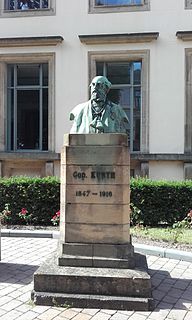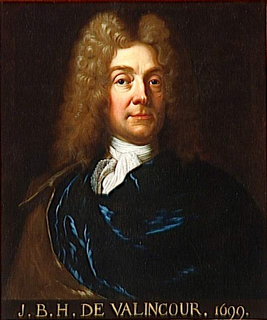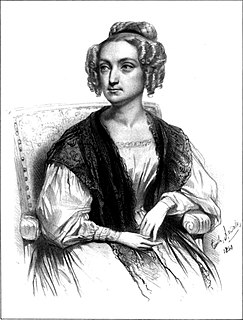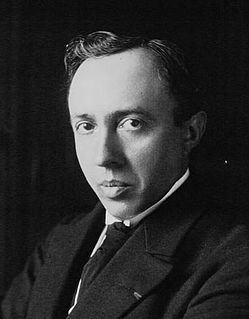Life
Marie Emma Éloïse Françoise de Villermont was born at Saint-Josse-ten-Noode on 16 August 1848, the eldest of nine children of the industrialist Antoine-Charles de Villermont and his second wife, Marie-Adélaïde Licot.

Saint-Josse-ten-Noode or Sint-Joost-ten-Node is one of the nineteen municipalities located in the Brussels-Capital Region of Belgium. It is bordered by the City of Brussels and Schaerbeek.
Training as a painter, Villermont was a member of the Cercle des femmes peintres from 1888. Besides painting, she dedicated herself to writing for such periodicals as La Revue générale and La femme belge (which she also supported financially from 1913 to 1925). She was not only a contributor but also co-editor of La Revue Mauve, an up-market magazine about social and cultural issues published in Brussels from 1897 to 1899. A series of her essays on feminism was later published as the book Le Mouvement féministe: Ses causes, son avenir, solution chrétienne (1900).
In the early twentieth century, Villermont wrote a number of books, including biographies of Veronica Giuliani and Isabella Clara Eugenia.

Saint Veronica Giuliani, O.S.C. Cap., was an Italian Capuchin Poor Clares nun and mystic. She was canonized by Pope Gregory XVI in 1839.

Isabella Clara Eugenia was sovereign of the Spanish Netherlands in the Low Countries and the north of modern France, together with her husband Albert VII, Archduke of Austria. In some sources, she is referred to as Clara Isabella Eugenia. By birth, she was an infanta of Spain and Portugal.
Her efforts to better the circumstances of women were not limited to writing. In 1903 she founded the first union of farming women at Ermeton-sur-Biert, leading to the establishment of the Cercle de Fermières at Namur in 1909. [1]

Ermeton-sur-Biert is a village in the Walloon province of Namur, Belgium, which since 1977 has been a subdivision of the municipality of Mettet.
At the beginning of the First World War she ran a dressing station at her castle, until it was requisitioned by the Germans.
She died at Ermeton-sur-Biert (Namur) on 8 January 1925.








